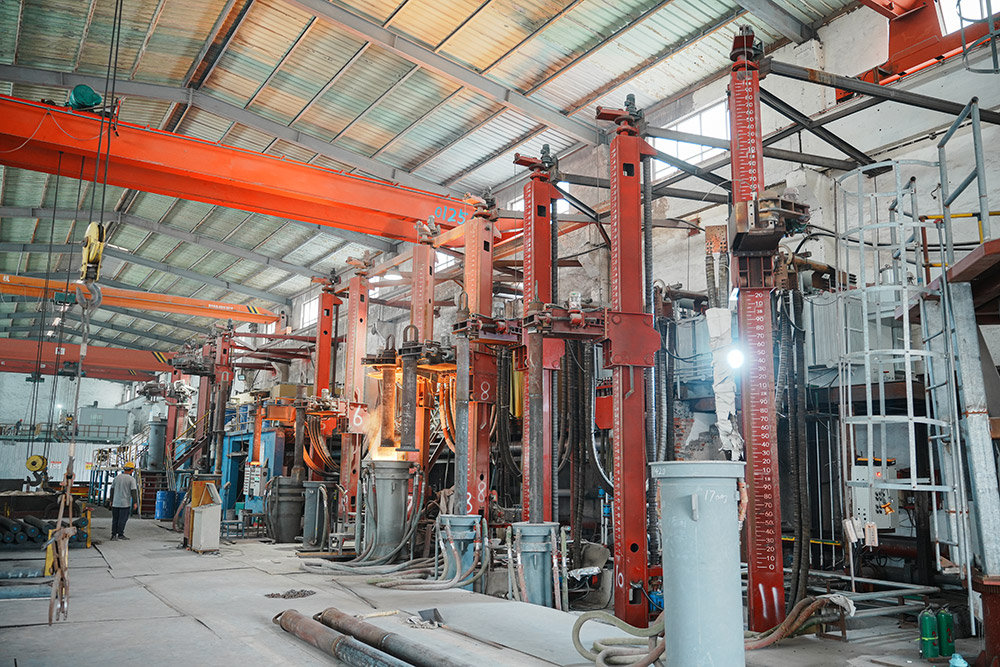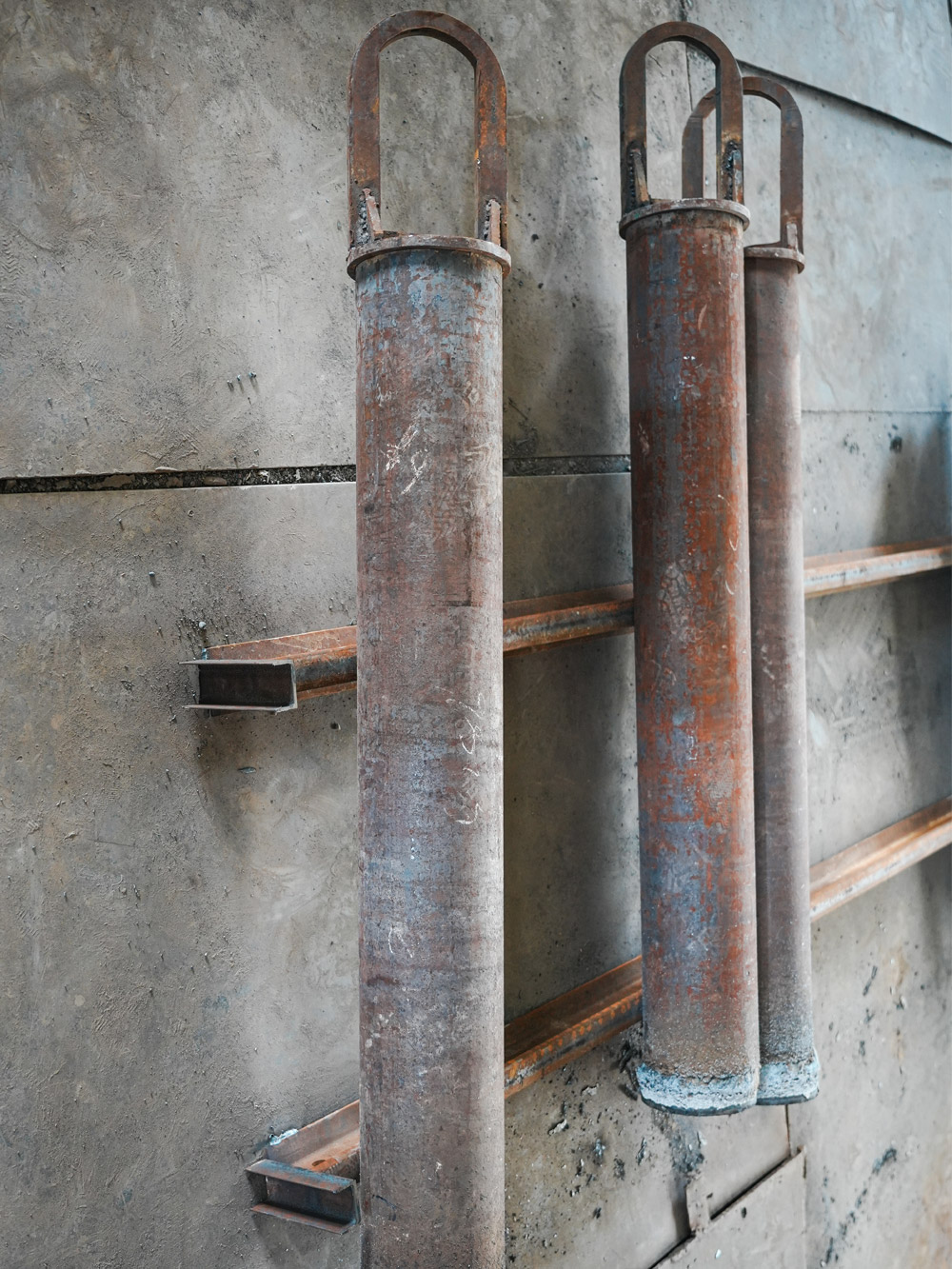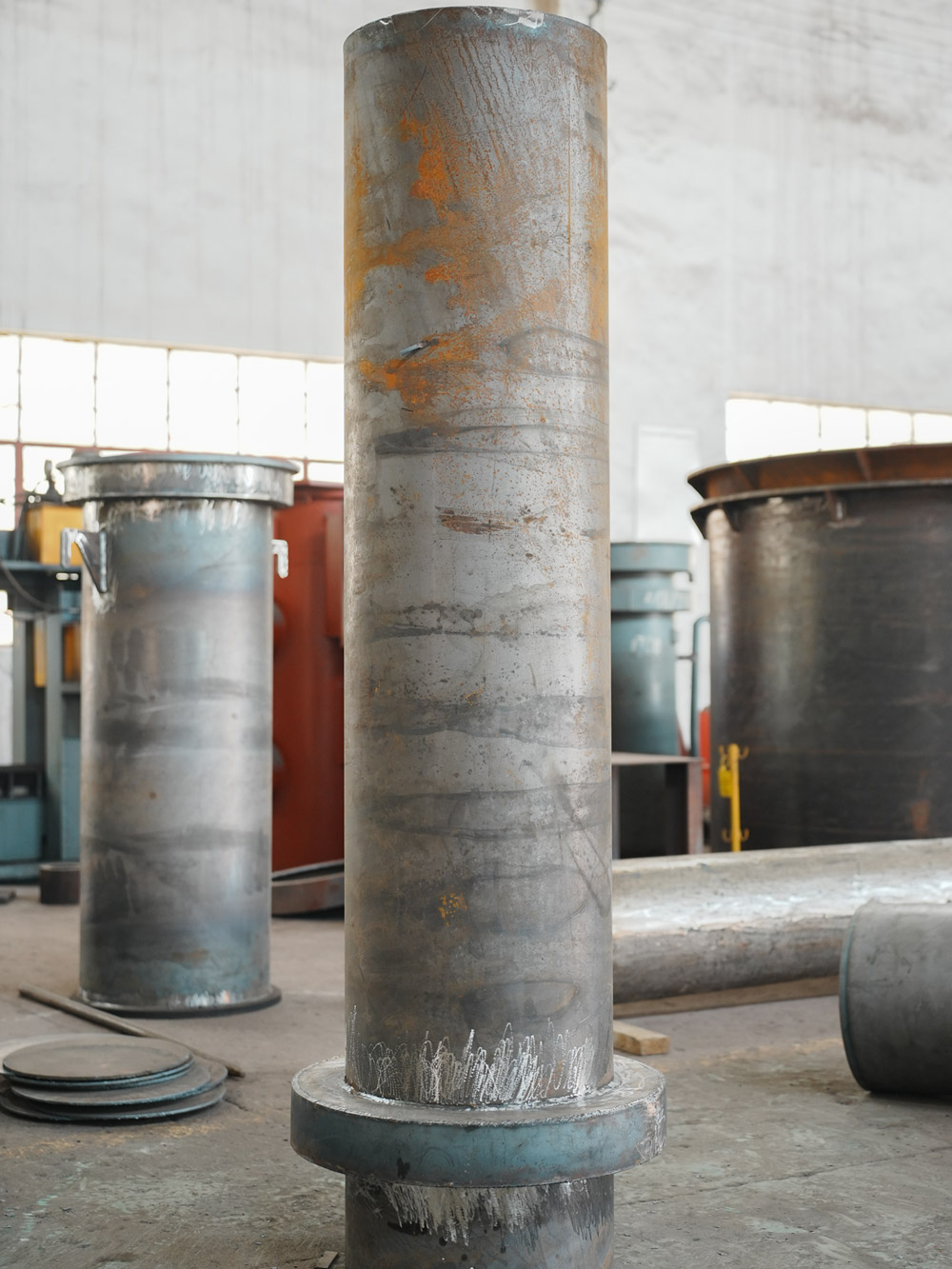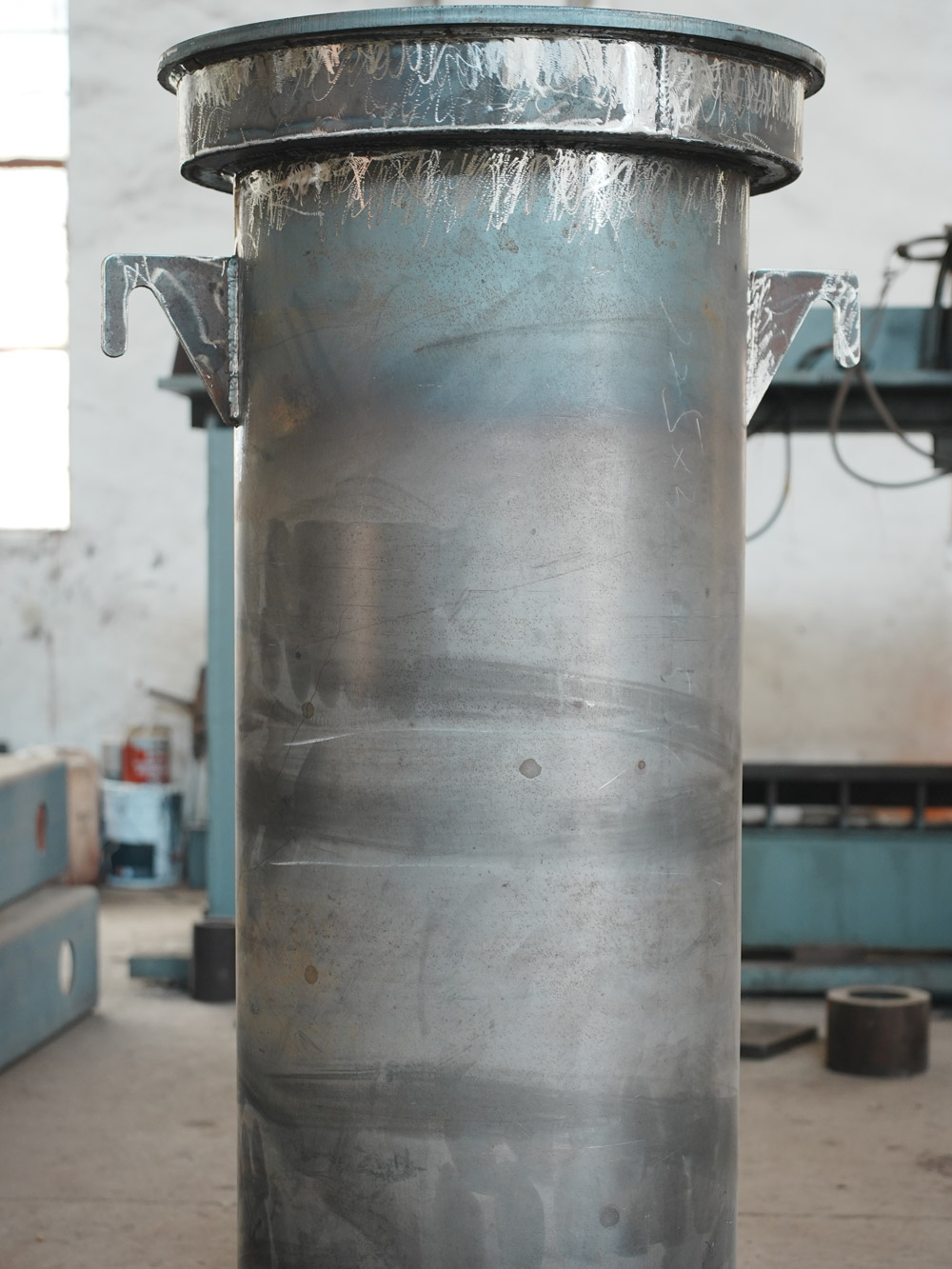What are the types of precision alloys?
Source: Date:2024-07-29 0Views
In today's rapidly advancing technology, precision alloys, as a shining pearl in the field of materials science, are driving progress and development in multiple fields such as industrial manufacturing, aerospace, electronic information, and energy development at an unprecedented speed.
Precision alloys, as the name suggests, refer to alloy materials with special physical, chemical, and mechanical properties that can meet high-precision requirements in extreme or specific working environments.
Not only does it require precise control of ingredients, but it also requires complex processing techniques to achieve extremely high performance stability and reliability.

There are many types of precision alloys, which can be divided into the following categories based on their main characteristics:
Soft magnetic alloy: This type of alloy has extremely low coercivity and high magnetic permeability, and is widely used in fields such as electronic communication, computers, and instrumentation. As a manufacturing material for key components such as magnetic heads, cores, and inductors, it ensures the accuracy and efficiency of signal transmission.
Expansion alloy: Its unique coefficient of thermal expansion makes it an indispensable component material in precision instruments, optical instruments, and electronic components. By precisely controlling the alloy composition, it is possible to achieve a thermal expansion coefficient that is similar or complementary to specific materials such as glass and ceramics, effectively avoiding size changes caused by temperature changes and ensuring the stability and accuracy of the equipment.
Resistance alloy: Resistance alloy is mainly used to manufacture precision resistors, with stable resistivity and low temperature coefficient, making it an indispensable component in electronic circuits. The precision of resistance alloys is directly related to the stability and reliability of the entire system in fields such as power, communication, and automatic control.
Elastic alloy: This type of alloy has excellent elasticity and fatigue resistance, and is widely used in the manufacturing of elastic components such as springs, diaphragms, and corrugated tubes. Accurate control of elastic alloys is crucial for ensuring the safe operation of equipment in industries such as aerospace and automotive manufacturing.
Shape memory alloy: As a "smart material" in precision alloys, shape memory alloys can automatically restore their original shape under specific conditions, which makes them have great potential for applications in medical devices, aerospace, robotics, and other fields.





